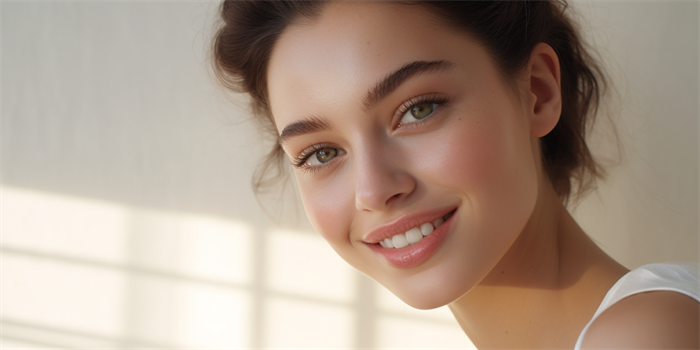Understanding Side Effects After Ultherapy in Chicago
Ultherapy, a non-invasive ultrasound treatment designed to lift and tighten the skin, has gained popularity in Chicago and across the globe for its ability to reduce signs of aging without surgery. While this procedure is generally safe and effective, it is important for potential patients to understand the possible side effects associated with Ultherapy. This article will delve into several aspects of Ultherapy side effects, providing a comprehensive overview for those considering this treatment in the Chicago area.

Common Side Effects of Ultherapy
Most patients undergoing Ultherapy in Chicago can expect some level of temporary side effects. These are typically mild and subside within a few days to a couple of weeks. Common side effects include redness, swelling, tenderness, and slight bruising at the treatment site. These reactions are normal and are indicative of the body's natural healing process. Patients are often advised to use cold compresses and take over-the-counter pain relievers to manage any discomfort.
Less Common but Serious Side Effects
While rare, more serious side effects can occur. These include nerve injury, which might result in temporary facial weakness or asymmetry. In very rare cases, patients may experience persistent pain or changes in skin sensation. It is crucial for patients to discuss their medical history and any potential risks with their healthcare provider before undergoing Ultherapy to minimize the chances of these complications.
Duration and Management of Side Effects
The duration of side effects after Ultherapy varies from person to person. Most mild side effects resolve within a few days. However, more pronounced effects such as swelling or bruising may take longer to fade, typically up to two weeks. Patients are encouraged to follow post-treatment care instructions provided by their healthcare provider, which may include recommendations for skincare products and activities to avoid during the recovery period.
Preparation and Prevention of Side Effects
Proper preparation can help mitigate the occurrence and severity of side effects. Patients should avoid taking blood-thinning medications or supplements for a week prior to the procedure to reduce the risk of bruising. Additionally, staying hydrated and maintaining a healthy diet can support the body's healing process. Consulting with a qualified healthcare provider in Chicago who has experience with Ultherapy can also ensure that the procedure is tailored to the individual's needs, thereby reducing potential side effects.
Long-Term Effects and Benefits
Ultherapy is designed to provide long-lasting results, with many patients noticing an improvement in skin laxity and texture over several months. The treatment stimulates collagen production, which continues to improve the skin's appearance over time. While the immediate side effects are temporary, the benefits of Ultherapy can be enduring, making it a popular choice for those seeking a non-surgical skin rejuvenation option in Chicago.
FAQ
Q: How long do the side effects of Ultherapy last?
A: Most side effects, such as redness and swelling, typically resolve within a few days to a couple of weeks.
Q: Is Ultherapy painful?
A: Some patients may experience discomfort during the procedure, but this can be managed with pain relief measures. Post-treatment discomfort is usually mild and temporary.
Q: Can I return to work after Ultherapy?
A: Yes, most patients can return to their normal activities immediately after the procedure, although they should avoid strenuous exercise for a few days.
Q: How often should I get Ultherapy?
A: The frequency of treatments depends on the individual's skin condition and goals. Typically, one treatment is sufficient, but follow-up sessions may be recommended for optimal results.
Understanding the potential side effects of Ultherapy is crucial for making an informed decision about this treatment. By consulting with a qualified healthcare provider in Chicago and following pre- and post-treatment guidelines, patients can minimize risks and maximize the benefits of Ultherapy.




